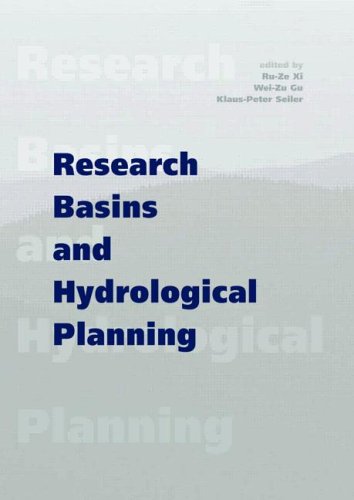

Most ebook files are in PDF format, so you can easily read them using various software such as Foxit Reader or directly on the Google Chrome browser.
Some ebook files are released by publishers in other formats such as .awz, .mobi, .epub, .fb2, etc. You may need to install specific software to read these formats on mobile/PC, such as Calibre.
Please read the tutorial at this link: https://ebookbell.com/faq
We offer FREE conversion to the popular formats you request; however, this may take some time. Therefore, right after payment, please email us, and we will try to provide the service as quickly as possible.
For some exceptional file formats or broken links (if any), please refrain from opening any disputes. Instead, email us first, and we will try to assist within a maximum of 6 hours.
EbookBell Team

4.8
64 reviewsIn the 20th century, water management focused on the local scale of interest. In the 21st century we will be facing changes in the quantity of our water cycle. The forces behind these new challenges are industrialisation, population growth and an insufficiently swift response to climatic change. The magnitude and distribution of global changes are not exactly predictable, because we live in an ever-changing environment and are faced with extreme and interacting processes, which all are not yet sufficiently understood. Therefore, to shoulder this task, hydrology should embrace more integrative and interdisciplinary approaches and achieve more flexibility in assessments and decisions. To better confront this challenge, catchment-related solutions are more important than local solutions, to satisfy the water demand of agriculture, ecosystems, industry and the private sector. It is wise to keep in mind that the environment has a "sustainable memory" and our knowledge about attenuation capacities and resilience of the environment is still low.